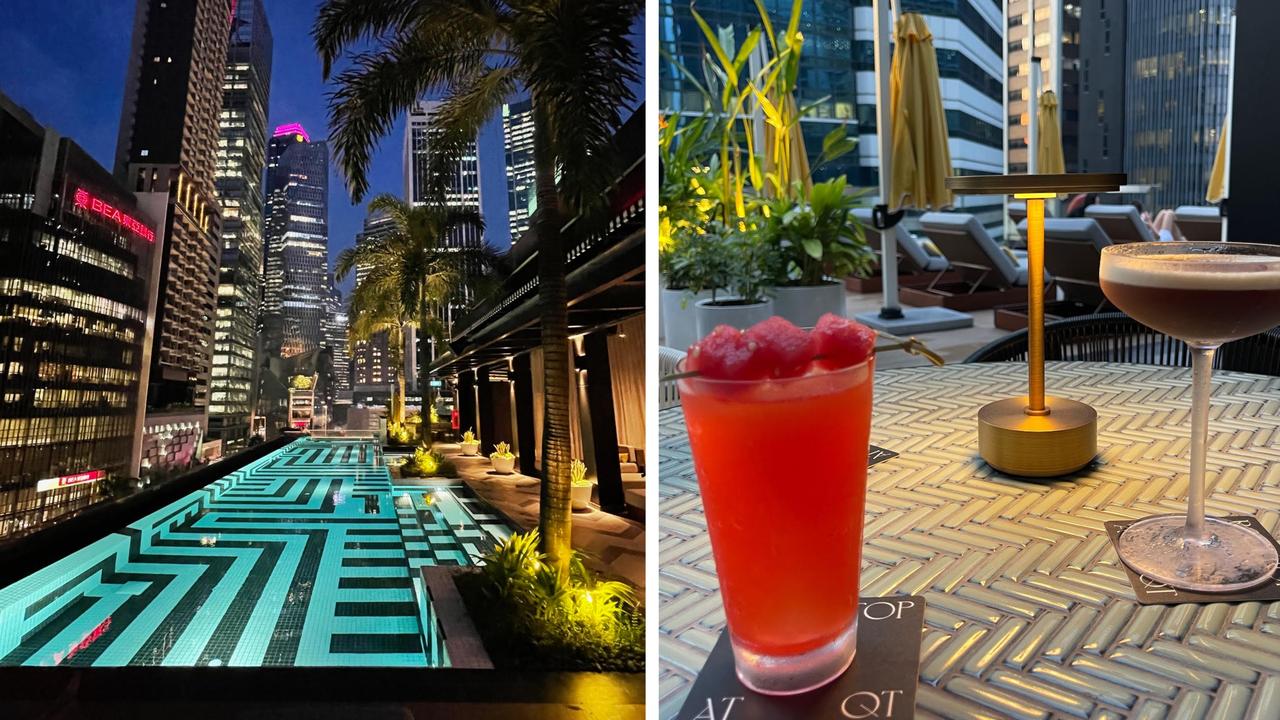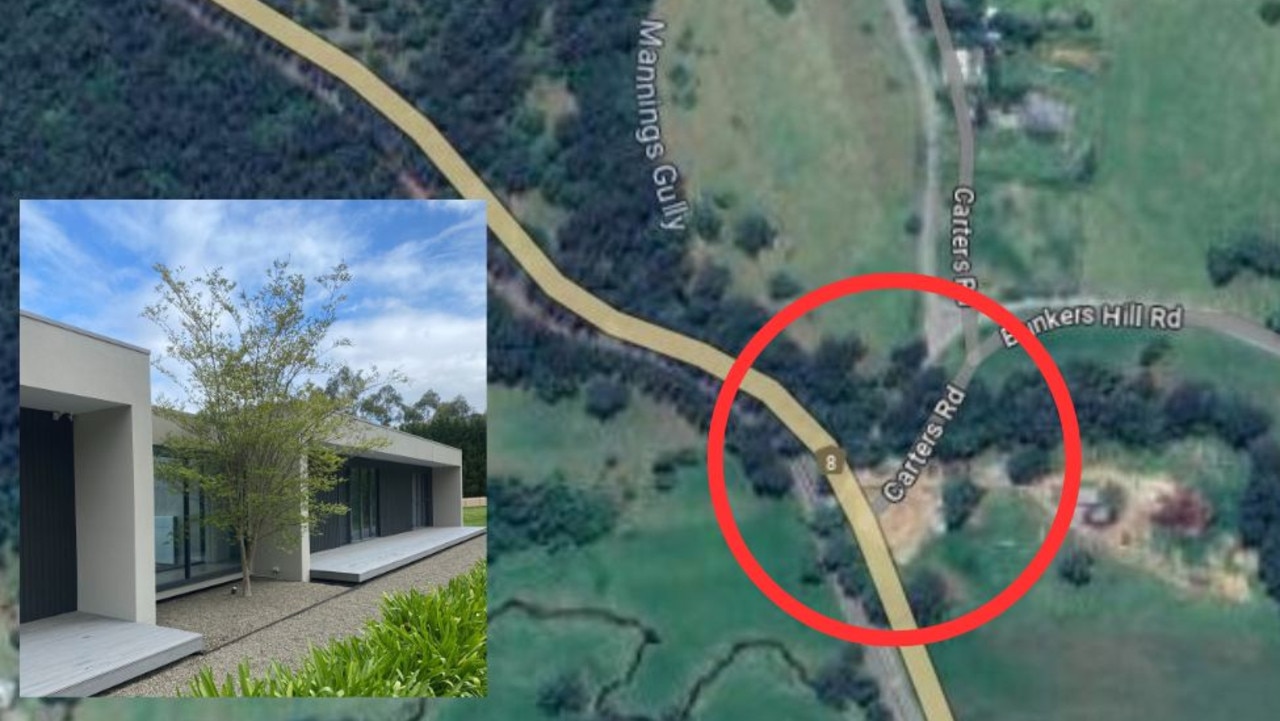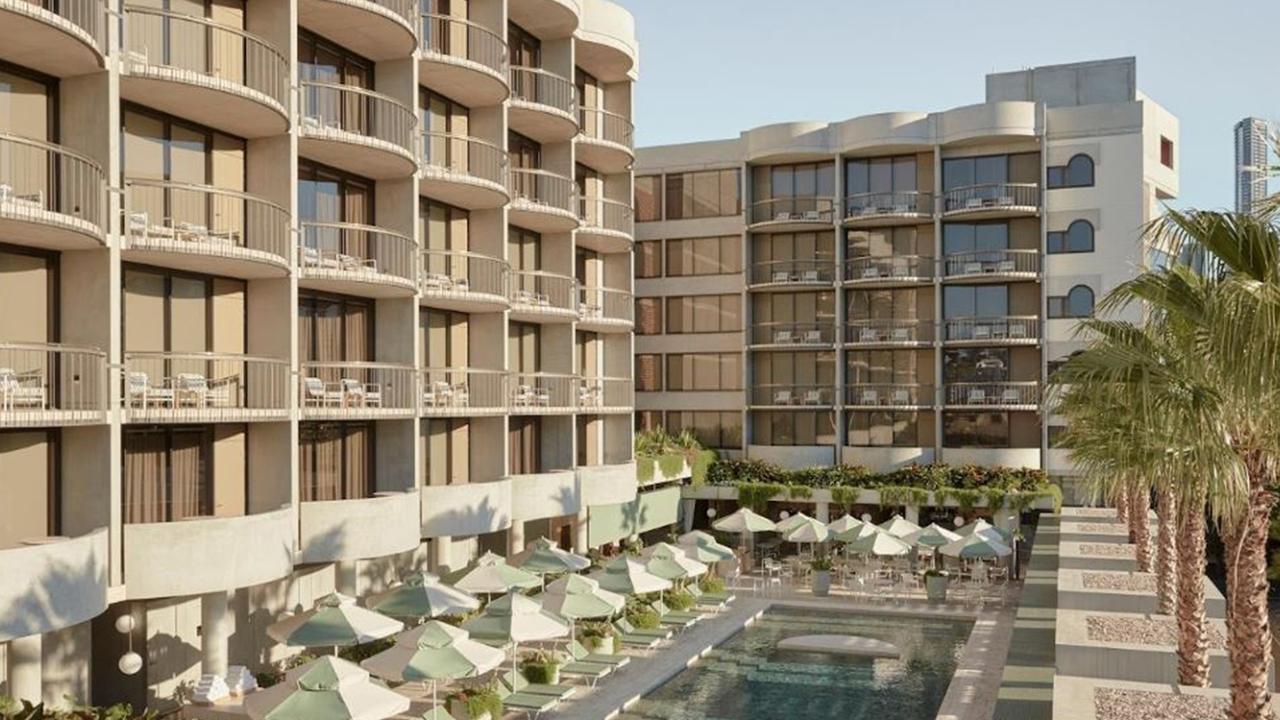‘No bookings at all’: Airbnb hosts panic as guests slam cleaning fees and ‘chores lists’
Airbnb hosts are panicking about a sudden drop in bookings – prompting an outpouring of complaints from former guests.
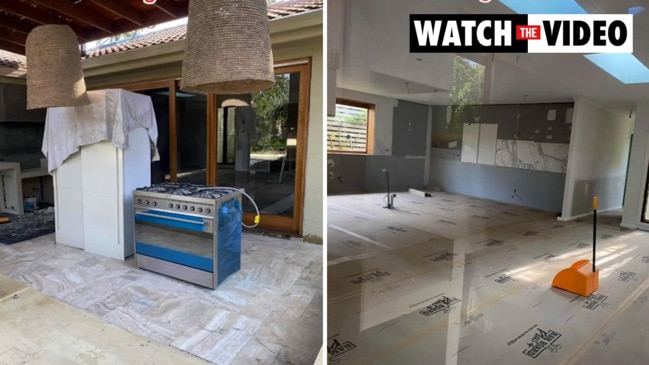
Airbnb hosts in the US are panicking about a sudden drop in bookings, prompting an outpouring of complaints from thousands of former guests.
It comes after a viral Twitter post earlier this month shared a screenshot from a private Facebook group for “Airbnb Superhosts”, a term for the top-rated owners on the platform.
“What’s going on with Airbnb? No bookings at all,” one person wrote.
Another asked, “Has anyone seen a huge decrease in bookings over the last three to four months? We went from at least 50 per cent occupancy to literally zero per cent the last two months. I’m just curious if this is something only going on with my property or if other people are seeing similar things. I am in Palm Springs [California]. Where are you located?”
The screenshot was shared by a Twitter user describing themselves as a Texas-based housing analyst, who wrote, “The Airbnbust is upon us.”
Never had a hotel greet me with a chores list
— Jack Burton (@tunedloop) October 16, 2022
That sparked a flood of responses from disgruntled travellers arguing rising prices, steep cleaning fees and other onerous guest requirements had simply made traditional hotels more attractive.
“Hotel has a concierge, cleaning lady, rooftop, bar, restaurant, security, pool, taxi stand + room upgrades for loyalty. Airbnb has hidden cameras, a cleaning fee, discriminatory hosts + they ask you to take out the trash, strip your linen, and scrub the tub before you leave lmao,” one said.
“Nowadays you get better value at hotels. [Don’t] have to do laundry and have room service. Airbnbs charging $200-400 cleaning fee and I’m still required to take the sheets off the bed? lol. Wait ’til the mortgage on these properties becomes economically unviable with new rates,” wrote another.
“Maybe everyone’s getting tired of paying more than a hotel and then having to do chores for someone else? I’m not going on vacation to do DISHES and LAUNDRY. F**k Airbnbs!” a similar comment read.
Want to stream your news? Flash lets you stream 25+ news channels in 1 place. New to Flash? Try 1 month free. Offer ends 31 October, 2022 >
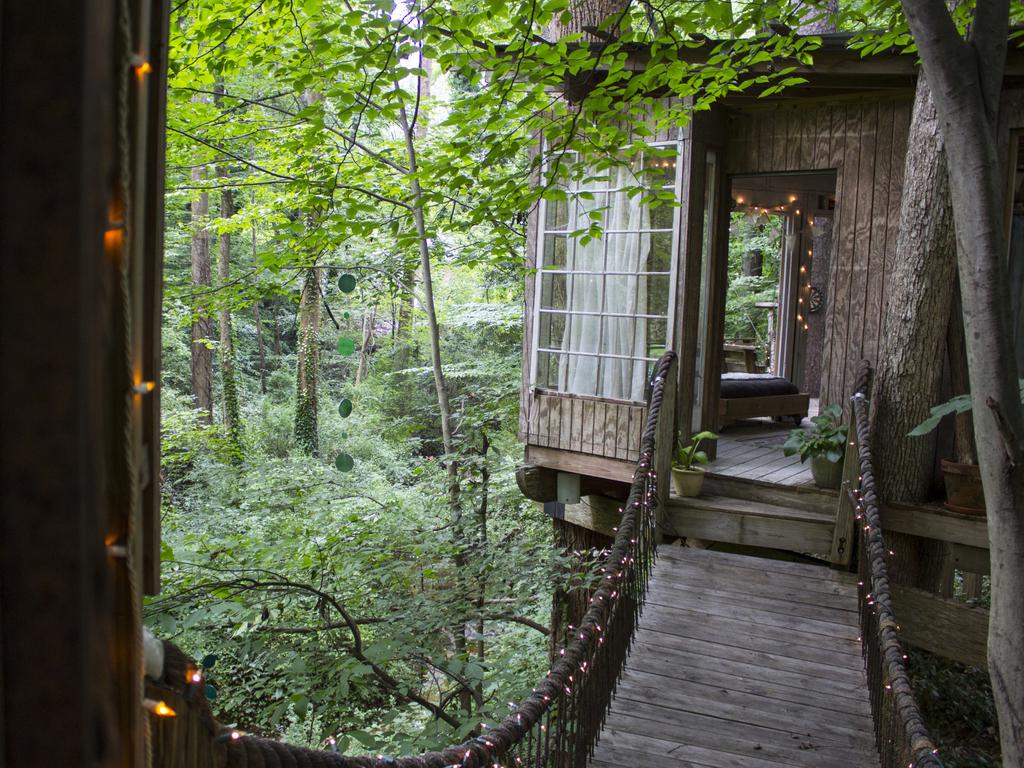
“People are finally picking up on the fact that hotels don’t impose curfews like you’re 16, have someone downstairs if the sink stops working and gives you clean towels for days, and no bulls**t $100 cleaning fees for taking your own trash out. I never saw the appeal of Airbnb,” a third said.
“I was definitely among the crowd who liked Airbnb when it first came out, but lately it’s become an absolute hell service that ruins communities, not to mention it’s an abysmal experience trying to book a stay now,” added another.
“HINT: It[’s] because a decent hotel is now cheaper than most Airbnbs in every major city in the world, and a hotel has staff who clean up after you every day and concierge/room service if you want it, so why exactly does anybody want to stay in your s***ty condo,” yet another wrote.
“I’ve never booked an Airbnb. I support the business model but the chores are excessive. I stayed in one for my friend’s birthday and we did have to wash the sheets, take out the trash, and do the dishes before checkout. I never felt so stressed!” one woman said.
“Last booking I had for a three-day weekend was a $250 cleaning fee and $150 service fee. Not doing that again,” another person replied.
One person shared a screenshot of a booking price breakdown, showing a total of $US2252.50 for five nights – including a $US195 cleaning fee, $US251.15 service fee and $US222.35 in occupancy taxes and fees.
Over $100/night in fees. Just not a reasonable proposition. Wtf is a “service fee†anyway. If you’re doing short duration than a week, the per night fees are just undoable. Cleaning should just be an expense of renting the place. pic.twitter.com/hSeIopMZFG
— Josh Howard (@JoshhowardOR) October 16, 2022
“Over $100 [per] night in fees. Just not a reasonable proposition. WTF is a ‘service fee’ anyway? If you’re doing [shorter] duration than a week, the per night fees are just undoable. Cleaning should just be an expense of renting the place,” he argued.
Many complained that Airbnb had strayed from its original purpose.
“I loved the concept of Airbnb when it was ‘rent out your house when you’re away’ or ‘rent out your summer home in off-season’. Not when it became a business for people and thousands of homes meant for inhabitants of that city were taken off of the rental market,” one woman said.
Earlier this year, Business Insider reported that many Airbnb hosts in the US were worried about a summer slowdown, with various theories for the dramatic drop in bookings.
Growing overseas travel siphoning away from domestic holidays, rising petrol prices and an oversupply of properties caused by homeowners trying to cash in on strong demand during the pandemic were all blamed.
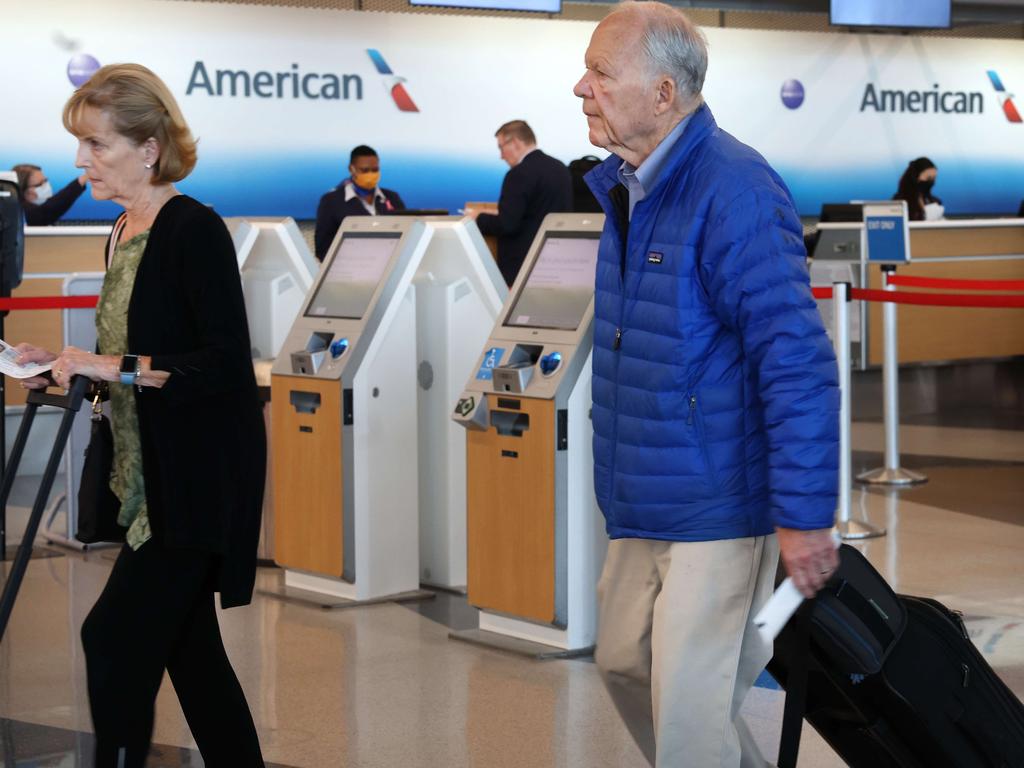
Pam Reicks, 51, who rents out a $US168-a-night ($A267-a-night) cottage northeast of Payson, Arizona, told the publication she was worried whether she would be able to earn enough money to cover the cost of the mortgage.
“It makes me really nervous,” the schoolteacher said. “In April, I lost money, and in May it looks like I’m probably going to lose money, too.”
Short-term rental data firm AirDNA told Business Insider 58,000 new rentals were added to the US market in January 2022, bringing the total to a record 1.5 million nationwide.
“We’ve seen a big uptick in supply, which means that demand is being spread out over more listings, leading to the occupancy decline,” AirDNA economist Jamie Lane said.
Reached for comment, an Airbnb spokesman pointed to the firm’s most recent quarterly results published in August.
“From a growth perspective, we exceeded 103 million nights and experiences booked, our largest quarterly number ever,” he said.
Airbnb co-founder and chief executive Brian Chesky said in a statement at the time that the second-quarter result “demonstrates we have achieved growth and profitability at scale”.
“Over the last year, we generated $US2.9 billion [$A4.6 billion] in free cash flow and our Q2 revenue is up more than 70 per cent since Q2-2019,” he said.
“Our strength this quarter is the result of our ability to stay focused and disciplined while continuing to relentlessly innovate.”
Speaking to HR Brew this week, Airbnb chief financial officer Dave Stephenson said the company was not worried about a looming recession in the US.
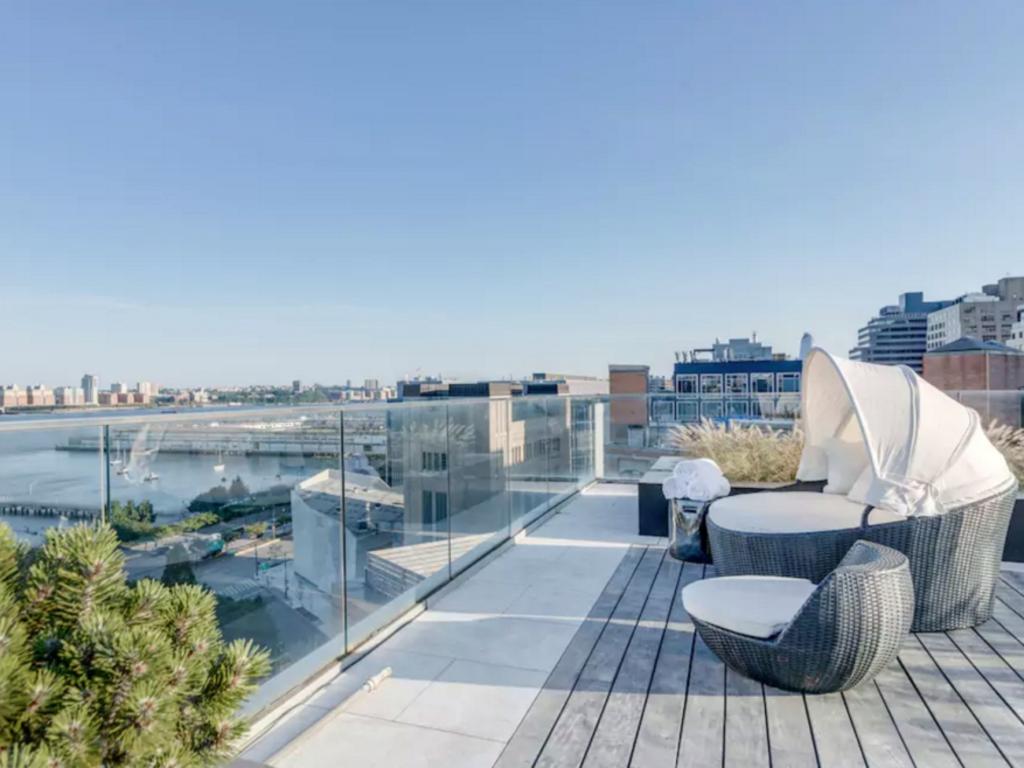
“What we found is that Airbnb is highly resistant to almost any kind of economic shock,” he said.
“We were actually founded in a recession. We did make some tough choices in Covid to reduce the size of our workforce and focus on what makes us unique and different, which is our individual hosted community.”
This quarter’s results will be announced early next month.
In Australia, the company recently said it had seen a surge in bookings and searches after international borders reopened in February this year.
Airbnb said long-term stays – a week or longer – had grown by more than a quarter over the first three months of 2022 compared with the same period in 2021.
Guests from the UK, US, Singapore, New Zealand and Canada were the travellers most interested in visiting Australia, according to Airbnb search data, driven by expats seeking to reconnect with family and friends.
With more than one million homes vacant on Census night in 2021 and rents in Australia rising as much as 20 per cent year-on-year in some areas, some have questioned the role platforms like Airbnb play in driving up rents.
Michael Johnson, interim CEO of the Accommodation Association of Australia, told news.com.au it was having a definite impact on availability and price of long-term rentals.
“A lot of councils and governments and even the new Housing Minister are aware something needs to be done and they’re starting to put more resources behind it,” he said.
From July this year, for example, Brisbane City Council began charging short-term accommodation landlords 50 per cent higher “home-based business” rates.
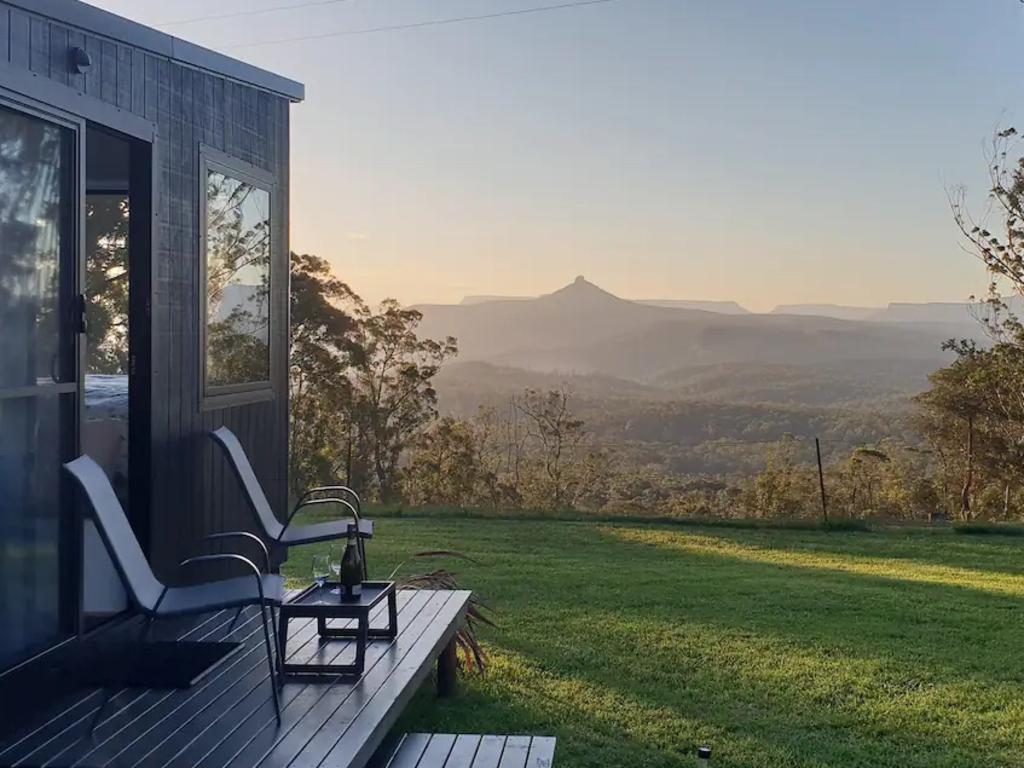
“Under the current environment where the cost to build has been escalated with inflation and supply chain issues, there is a real push to see if some of these short-term rentals can come back into the long-term market,” Mr Johnson said.
“The problem is it does generate income for the visitor economy, so that’s why everyone has been a bit slow to try to curb it. It is a balancing act. That’s where governments and councils have to be innovative and creative to work out how to resolve the situation.”
But Dr Thomas Sigler, an urban and economic geographer from the University of Queensland, told The Guardian last month there was no evidence short-term accommodation was correlated with rising rents.
“It’s not a one-for-one substitution. It’s not like every dwelling you take off the [short-term] market adds one to the long-term rental market,” he said.
“We looked at this question in 2018, we explored whether there is a spatial correlation between rent increases and Airbnbs and we found no evidence. We tried really hard to find some evidence of this and we couldn’t.”
Dr Sigler said the number of short-term rentals in Australia had dropped from a peak of more than 300,000 between 2016 and 2019 to the “low 200,000s”.
According to an analysis by comparison website Finder, Airbnb listings showed a small uptick for both Sydney and Melbourne in the June and September quarters.
“These trends are likely seasonal, as the data shows the average number of days available per listing in the next 60 days, all trending downwards,” a spokeswoman said.
“In the Sydney area, the average days available per listing over October and November was 17. In Melbourne this figure was 19.2 down from 21.9.”
Asked whether consumer sentiment had soured on Airbnb, Mr Johnson said it was “very hard to prove that statistically”.
More Coverage
“But we are seeing that consumers, particularly because of lockdowns or what-have-you, do have a bit more disposable income so I think they are saying, let’s just stay in a hotel where we don’t have to worry about anything, it gets taken care of,” he said.
“With short-term rentals, you’ve got to make sure this happens and that happens.”




